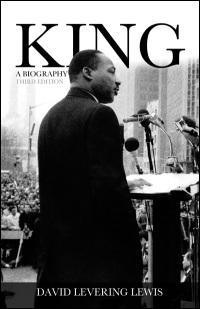 For the month of February we have lowered the e-book list price of five Black History titles in the University of Illinois Press catalog to $2.99.
For the month of February we have lowered the e-book list price of five Black History titles in the University of Illinois Press catalog to $2.99.
King: A Biography, Third Edition by David Levering Lewis
Acclaimed by leading historians and critics when it appeared shortly after the death of Dr. Martin Luther King Jr., this foundational biography wends through the corridors in which King held court, posing the right questions and providing a keen measure of the man whose career and mission enthrall scholars and general readers to this day. “Shelves devoted to modern American history can’t be considered complete without it.”—Booklist Buy the Kindle version here. Buy the Kobo version here. Buy the Google Play version here. Buy the Nook version here.
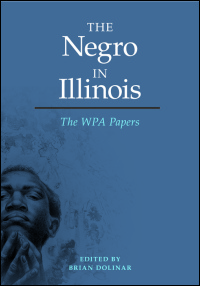 The Negro in Illinois: The WPA Papers Edited by Brian Dolinar
The Negro in Illinois: The WPA Papers Edited by Brian Dolinar
Headed by Harlem Renaissance poet Arna Bontemps and white proletarian writer Jack Conroy, The Negro in Illinois employed major black writers living in Chicago during the 1930s, including Richard Wright, Margaret Walker, Katherine Dunham, Fenton Johnson, Frank Yerby, and Richard Durham. The authors chronicled the African American experience in Illinois from the beginnings of slavery to Lincoln’s emancipation and the Great Migration. After the project was canceled in 1942, most of the writings went unpublished for more than half a century—until now. Buy the Kindle version here. Buy the Kobo version here. Buy the Google Play version here. Buy the Nook version here.
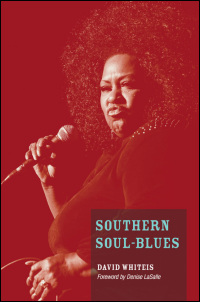 Southern Soul-Blues by David Whiteis
Southern Soul-Blues by David Whiteis
Examining the history and development of southern soul from its modern roots in the 1960s and 1970s, David Whiteis highlights some of southern soul’s most popular and important entertainers and provides first-hand accounts from the clubs, show lounges, festivals, and other local venues where these performers work. Profiles of veteran artists such as Denise LaSalle, the late J. Blackfoot, Latimore, and Bobby Rush–as well as contemporary artists T. K. Soul, Ms. Jody, Sweet Angel, Willie Clayton, and Sir Charles Jones–touch on issues of faith and sensuality, artistic identity and stereotyping, trickster antics, and future directions of the genre. Buy the Kindle version here. Buy the Kobo version here. Buy the Google Play version here. Buy the Nook version here.
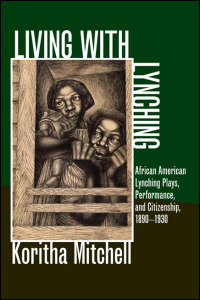 Living with Lynching: African American Lynching Plays, Performance, and Citizenship, 1890-1930 by Koritha Mitchell
Living with Lynching: African American Lynching Plays, Performance, and Citizenship, 1890-1930 by Koritha Mitchell
In closely analyzing the political and spiritual uses of black theatre during the Progressive Era, Mitchell demonstrates that audiences were shown affective ties in black families, a subject often erased in mainstream images of African Americans. Examining lynching plays as archival texts that embody and reflect broad networks of sociocultural activism and exchange in the lives of black Americans, Mitchell finds that audiences were rehearsing and improvising new ways of enduring in the face of widespread racial terrorism. Buy the Kindle version here. Buy the Kobo version here. Buy the Google Play version here. Buy the Nook version here.
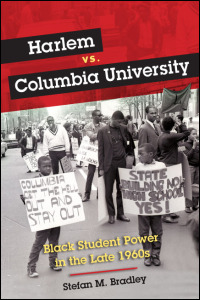 Harlem vs. Columbia University: Black Student Power in the Late 1960s by Stefan M. Bradley
Harlem vs. Columbia University: Black Student Power in the Late 1960s by Stefan M. Bradley
In 1968–69, Columbia University became the site for a collision of American social movements. Black Power, student power, antiwar, New Left, and Civil Rights movements all clashed with local and state politics when an alliance of black students and residents of Harlem and Morningside Heights openly protested the school’s ill-conceived plan to build a large, private gymnasium in the small green park that separates the elite university from Harlem. Railing against the university’s expansion policy, protesters occupied administration buildings and met violent opposition from both fellow students and the police. In this dynamic book, Stefan M. Bradley describes the impact of Black Power ideology on the Students’ Afro-American Society (SAS) at Columbia. Buy the Kindle version here. Buy the Kobo version here. Buy the Google Play version here. Buy the Nook version here.
